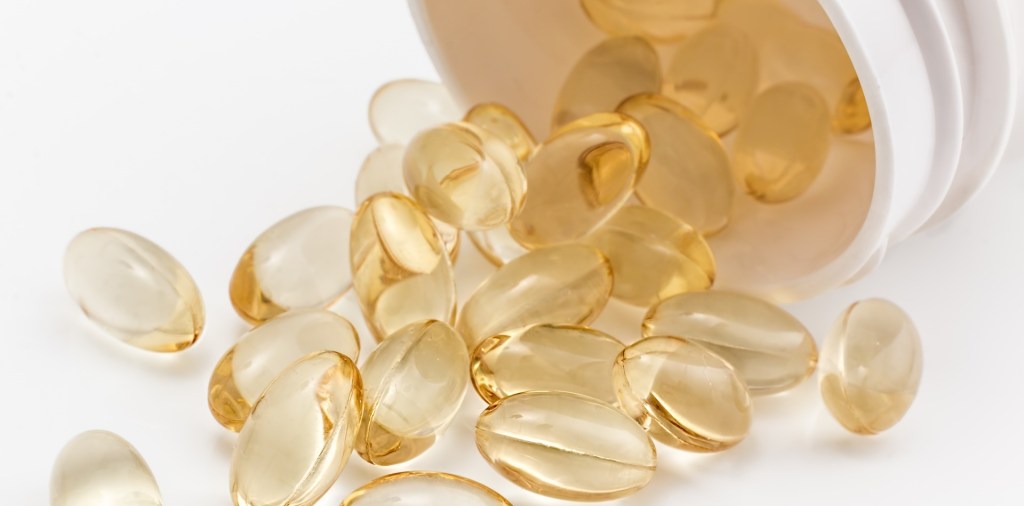India’s National Capital is engulfed with dense fog. As the chilly winters hit the country, the India Meteorological Department (IMD) forecasted a cold wave looming across Delhi and several parts of north India, including Punjab, Haryana, Chandigarh and Uttar Pradesh.
The plummeting temperature often leads to people experiencing joint pains, swelling and even depression due to lack of sunlight, especially low levels of vitamin D.
According to Dr Debashish Chanda, Lead Consultant, Department of Orthopedics, CK Birla Hospital, Gurugram, getting sufficient vitamin D can be challenging during foggy winters due to reduced exposure to sunlight.
“Some ways to ensure you maintain adequate vitamin D levels is to include foods high in vitamin D into your diet. Fatty fish (like salmon and mackerel), egg yolks, cheese, and fortified foods such as fortified milk and orange juice can provide dietary sources of vitamin D,” Dr. Chanda told Financial Expres.com.
Here are some tips to get Vitamin D during foggy winters:
- When the sun breaks through the fog, take advantage of those moments.
- Spend time outdoors, especially during midday when the sunlight is typically stronger. Even short periods of exposure can contribute to your vitamin D levels.
- Well, if your sunlight exposure is consistently limited, consider consulting your doctor about vitamin D supplements. They can guide the appropriate dosage to meet your specific needs.
- Use UV Lamps: Light therapy lamps emitting UVB rays can mimic the sun’s effects and help your skin produce vitamin D. These lamps are designed for indoor use and can be a useful option during foggy periods. But do consult your doctor before using this as its overuse could be harmful.
- Participate in outdoor activities even on foggy days as it can increase your exposure to natural light. Take a walk, engage in winter sports, or enjoy the fresh air, helping your body absorb sunlight when available. If you’re indoors during the day, position yourself near windows that allow sunlight to penetrate.
- Lastly, you must ensure checking your vitamin D levels periodically through blood tests. This can help you assess whether you’re obtaining enough vitamin D through your current strategies or if adjustments are needed.

